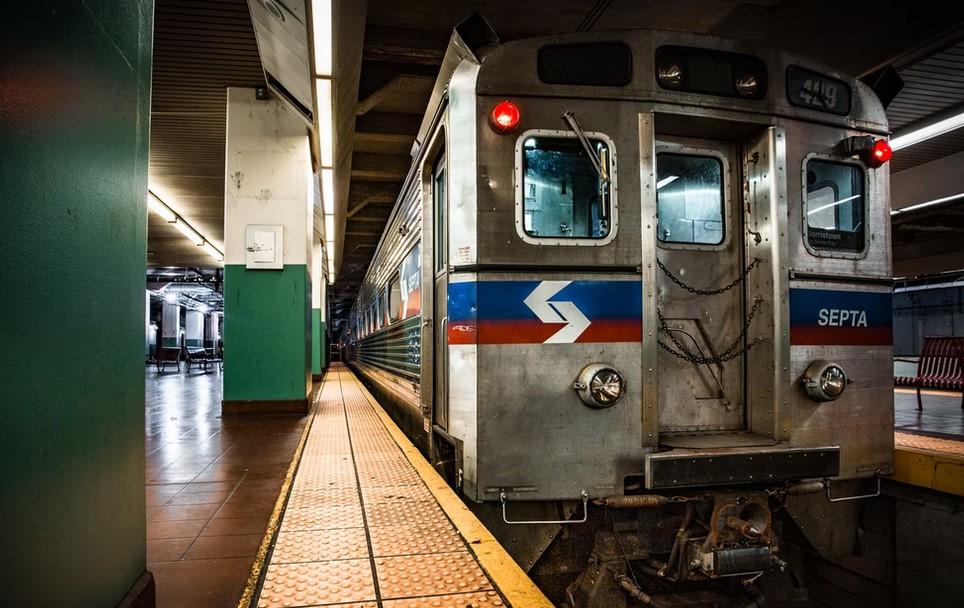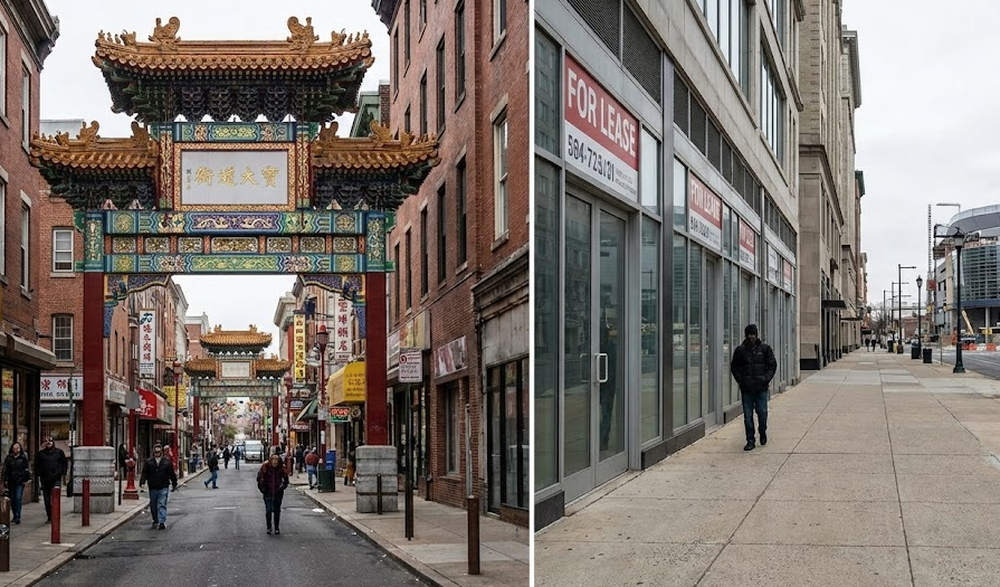Philadelphia, November 22, 2024 - In a significant announcement today, Pennsylvania Governor Josh Shapiro has moved to provide a financial lifeline to the Southeastern Pennsylvania Transportation Authority (SEPTA) by redirecting $153 million in federal highway funds. This decision comes as SEPTA faces a looming budget shortfall of $240 million, threatening service cuts and fare hikes that could severely impact public transportation in the region.
The governor's action temporarily shields SEPTA from implementing its planned service reductions and fare increases, which were scheduled to take effect soon. This funding, allocated initially for highway projects, will now be used to maintain current service levels through at least July 2025. Governor Shapiro stated, "We are taking decisive action to support SEPTA, its workers, and its riders across southeast Pennsylvania. This funding ensures that our residents can continue to rely on SEPTA without the immediate threat of service disruptions."
While this move provides immediate relief, it's underscored by a broader call for a sustainable funding solution. SEPTA's financial difficulties stem from multiple factors, including the end of federal COVID-19 relief funding, reduced ridership post-pandemic, and high operational costs. Governor Shapiro has urged state lawmakers to address these issues in the upcoming budget cycle, emphasizing that a one-time fund transfer isn't enough. "This is a stopgap measure. We need to work together to find long-term funding solutions to ensure SEPTA can continue serving our region effectively," Shapiro remarked at a press conference.
The announcement has been met with relief and cautious optimism from transit advocates, local government officials, and SEPTA employees. Leslie Richards, SEPTA's CEO, expressed gratitude for the reprieve but echoed the need for a permanent fix. "This funding buys us time, but it's clear we need a strategic approach to funding public transit that reflects its vital role in our economy and community," said Richards.
Local leaders from the counties SEPTA serves have also committed to exploring additional local funding options. Philadelphia Mayor Cherelle Parker commented, "SEPTA is the backbone of our city's transportation. While we welcome this temporary relief, we must all participate in ensuring its long-term vitality."
The public's response has been largely positive, with many commuters expressing relief on social media platforms, although there's an undercurrent of concern about what happens after July 2025. Legislative reactions vary, with some applauding the governor's proactive approach while others criticize the use of highway funds for transit, fearing it might set a precedent for future budget reallocations.
Republican Senator Kim Ward voiced concerns, suggesting that the decision might complicate the relationship between rural and urban funding priorities, stating, "While we recognize the urgency of SEPTA's situation, we must consider the broader implications for infrastructure funding across Pennsylvania."
As Pennsylvania heads into budget negotiations, the spotlight will be on how the state can balance its infrastructure investments with the pressing needs of its public transit systems. Governor Shapiro's administration is expected to leverage this temporary measure to push for comprehensive transit funding reforms, possibly involving sales tax allocations, new revenue streams, or legislative changes to empower local governments to support transit more robustly.
This interim funding for SEPTA provides temporary relief. It catalyzes a broader discussion on the funding model for public transportation in Pennsylvania, highlighting the intricate balance between immediate needs and sustainable infrastructure planning.






